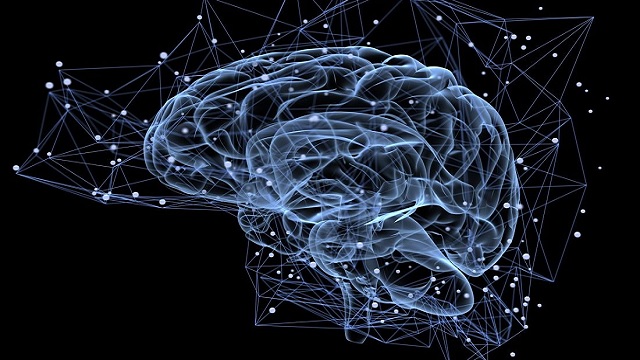Dying human brain recorded for the first time, doctors make amazing discovery
For the first time in the history, doctors have successfully recorded details from a dying brain and the discovery made is sure to leave you surprised. The details collected from the brain were based on the brain wave activities before and after a sudden death.
According to the experts’ interpretation, life may indeed “flash before our eyes.” However other experts aren’t convinced.
A group of doctors in Estonia were monitoring the brain of an 87-year-old patient in order to detect and treat his newly developed epileptic seizures. During the time of these readings, the patient suddenly had a heart attack and passed away. However, this incident left the team with a unique discovery: the first electroencephalogram (EEG) recordings of a dying human brain.
The team then decided to involve international collaborators to analyze the recordings of the patient’s brain. The data collected is from 30 seconds before and after the patient’s heart stopped beating. According to the discovery experts found that brain waves remain active and coordinated during and even after that transition into death.
There were two types of brain waves that were most active; Gamma waves and Alpha waves. Gama waves are especially associated with dreaming and memory retrieval, whereas, alpha waves are associated with information processing and the visual cortex. The doctors team speculate that this could indicate “life flashing before your eyes” in the seconds before death.
In a paper which was published in Frontiers in Aging Neuroscience on Tuesday, researchers wrote that it was intriguing to speculate that such activity could support a last ‘recall of life’ that may take place in the near-death state.
These studies claim that a dying brain tries to retrieve and visualize memories. Ajmal Zemmar, a neurosurgeon in University of Louisville said in a statement that the brain may be playing a ‘last recall’ of important life events just before the death. “These findings challenge our understanding of when exactly life ends,” added the neurosurgeon.
Even though these findings are unique and intriguing, they are still far from any life-flashing phenomena, debates other researchers. According to them, each type of brain wave is associated with a plethora of different cognitive functions which are responsible for different brain activities than these indicators of any specific thoughts.
A psychologist at Leeds Beckett University in England, Steve Taylor, who wasn’t part of the research team told to The Gaurdian that linking increase in gamma brain waves with flashbacks before death is a stretch. He then added to his statement, ““I don’t think we can assume this is a representative example of how the human brain behaves at the point of death.”
It is to be noted that these observations occurred in a single patient, who was admitted to the hospital after getting injured by falling. He had concerning neurological symptoms as well as a midline shift due to bleeding in the brain. During the time of the discovery, the patient was not only physically and mentally injured but also was under heavy medication. Due to the combination of all this, the patient’s brain activity in his last moments may not even be representative of what could happen in others.
Moreover, the similar changes in gamma waves have been observed in the brains of dying rats after heart attacks. This suggest that the heightened consciousness in a person during those moments was a subjective behaviour common in deaths due to cardiac arrest.
Louisville University neurosurgeon, Ajmal Zemmar, plans to investigate more of these cases.




 Ms Kalinga
Ms Kalinga